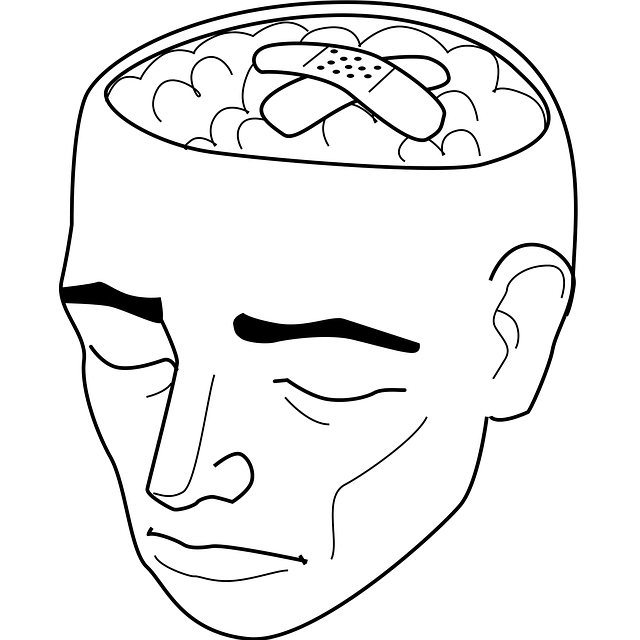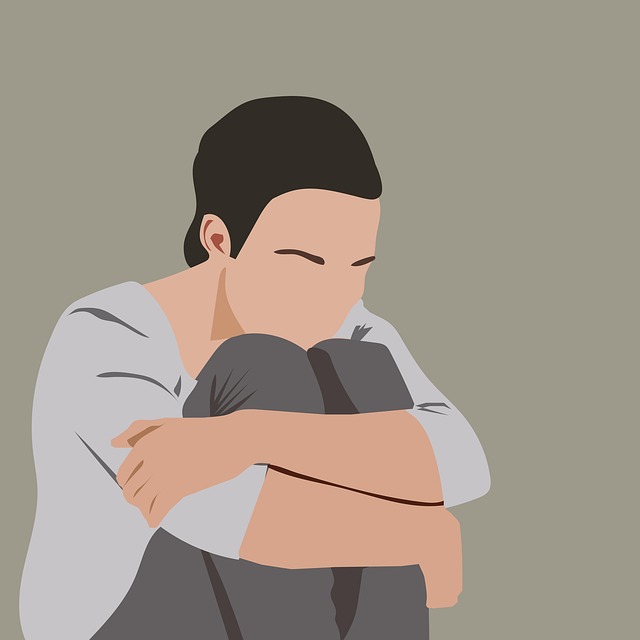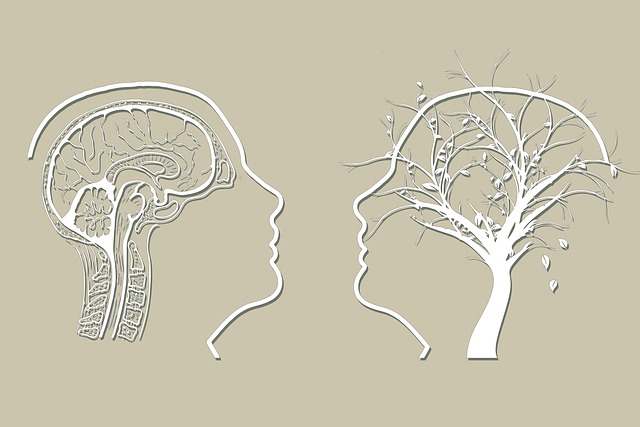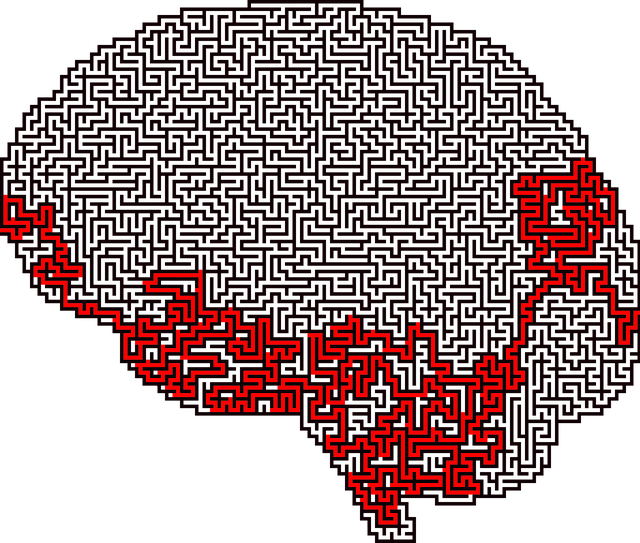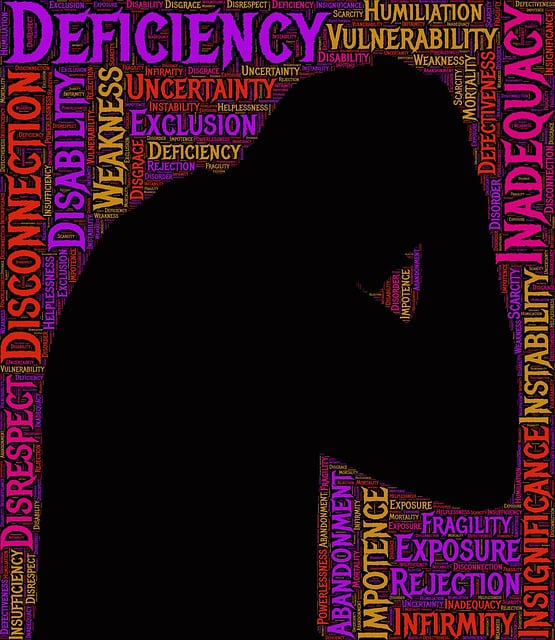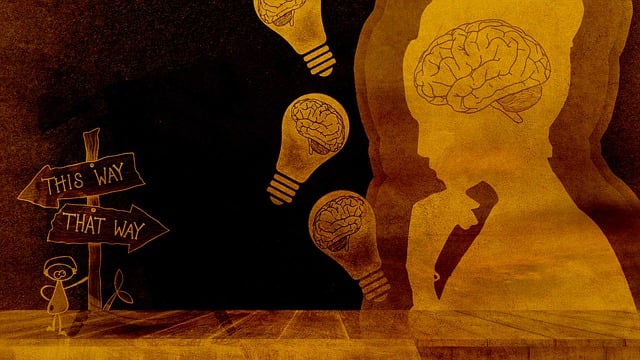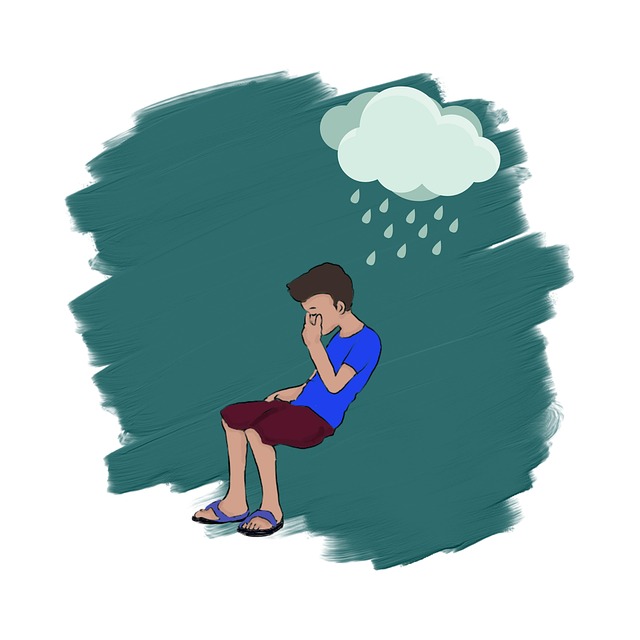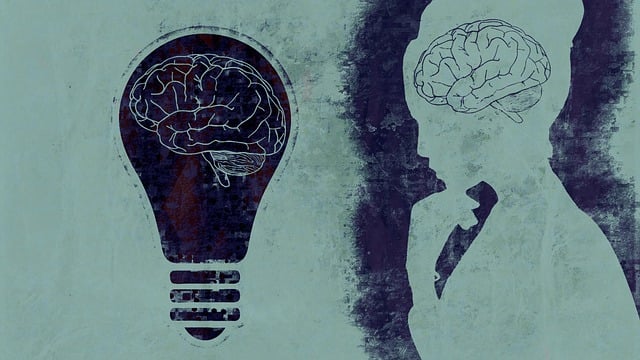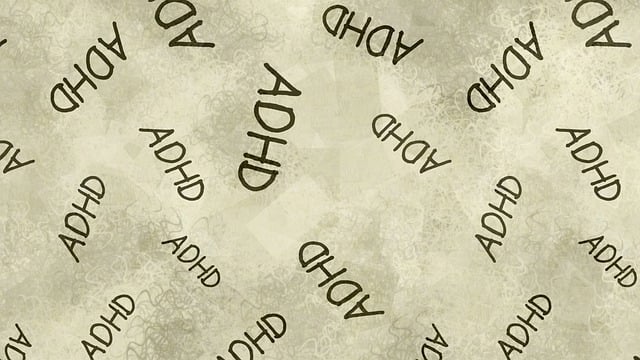Proper evaluations are crucial in therapy for young children with Attention Deficit Disorder (ADD) or Attention Deficit Hyperactivity Disorder (ADHD), identifying challenges and strengths. These assessments guide personalized treatment plans, often including social skills training and coping strategies. Early interventions backed by rigorous evaluations help these children reach their full potential through improved emotional well-being and cognitive development. Effective therapeutic approaches like cognitive-behavioral therapy (CBT) manage symptoms, while multi-faceted therapy involves behavior therapy, medication management, parental training, and compassion cultivation practices.
Coping skills development is crucial for young children diagnosed with Attention Deficit Disorder (ADD) or Attention Deficit Hyperactivity Disorder (ADHD). This comprehensive guide explores essential aspects of supporting these children. We begin by delving into the understanding of ADD-ADHD evaluations, followed by practical strategies to build coping skills for daily life. Additionally, we discuss therapeutic approaches tailored to meet their unique needs, focusing on effective therapy for young children with ADD-ADHD evaluations.
- Understanding ADD-ADHD Evaluations in Young Children
- Building Essential Coping Skills for Daily Life
- Therapeutic Approaches to Support Children with ADD-ADHD
Understanding ADD-ADHD Evaluations in Young Children

Understanding ADD-ADHD Evaluations in Young Children
When it comes to therapy for young children with Attention Deficit Disorder (ADD) or Attention Deficit Hyperactivity Disorder (ADHD), proper evaluations are crucial. These assessments help identify specific challenges and strengths, ensuring tailored interventions that support their emotional well-being promotion techniques and coping skills development. Through comprehensive evaluations, professionals can diagnose ADD-ADHD and design personalized treatment plans, often incorporating social skills training to enhance interactions with peers and adults.
Accurate evaluations typically involve observation, interviews with parents or caregivers, and standardized tests. These methods help assess symptoms like inattention, hyperactivity, impulsivity, as well as emotional regulation and cognitive abilities. By understanding the unique needs of each child, therapists can implement strategies that not only manage symptoms but also foster growth and development. Early interventions, backed by rigorous evaluations, are key to helping young children with ADD-ADHD thrive and reach their full potential.
Building Essential Coping Skills for Daily Life

Developing essential coping skills is crucial for young children with attention-deficit/hyperactivity disorder (ADHD) to navigate daily life challenges effectively. Through therapy and specialized evaluations, professionals can identify areas where a child may struggle, such as emotional regulation and stress management. By incorporating self-awareness exercises tailored to their unique needs, these children learn to recognize and express their feelings healthily. This process fosters better communication with peers and adults, promoting a sense of understanding and support.
Self-care practices play a pivotal role in building resilience. Encouraging activities like mindfulness meditation or structured play sessions helps young individuals channel excess energy productively. Additionally, stress management workshops designed for this age group teach them valuable coping strategies to handle overwhelming situations. These exercises not only enhance their ability to manage symptoms of ADHD but also equip them with lifelong skills to thrive in various environments, from school to home.
Therapeutic Approaches to Support Children with ADD-ADHD

Children with Attention Deficit Hyperactivity Disorder (ADD-ADHD) can greatly benefit from therapeutic approaches tailored to their unique needs. Early intervention through specialized therapy plays a pivotal role in managing symptoms and enhancing overall well-being. One effective strategy is cognitive-behavioral therapy (CBT), which helps young minds identify and challenge negative thought patterns, improve impulse control, and develop better coping mechanisms. CBT also teaches children valuable empathy building strategies to navigate social interactions more effectively.
Therapy for young children with ADD-ADHD often involves a multi-faceted approach. Evaluations by qualified professionals are crucial to diagnose the disorder and rule out other potential causes. Following evaluation, treatments may include behavior therapy, medication management, and parental training programs aimed at burnout prevention. Compassion cultivation practices can also be integrated into these interventions, fostering a sense of understanding and empathy not just in children but also within their families.
In conclusion, developing coping skills is a crucial aspect of supporting young children with ADD-ADHD. Through comprehensive evaluations and therapeutic approaches tailored to their unique needs, parents and caregivers can empower these children to navigate daily challenges successfully. By integrating essential coping strategies into their routines, therapy for young children with ADD-ADHD evaluations becomes an effective path towards improved focus, self-regulation, and overall well-being.

